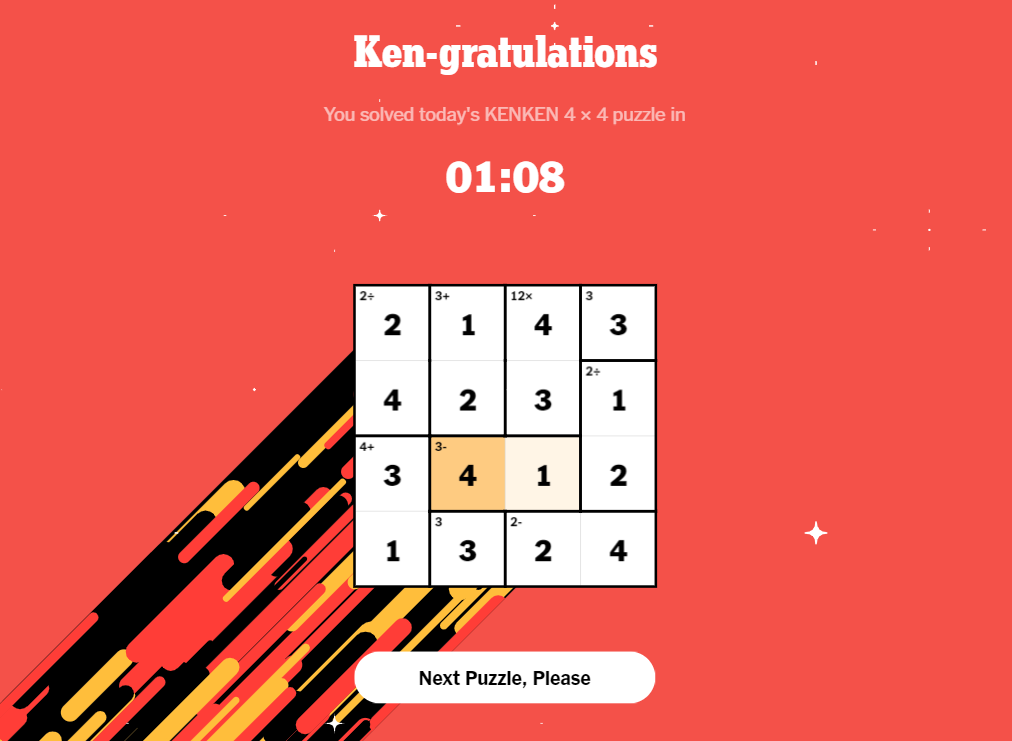
It was just a year ago that Google first announced the Flutter Beta at MWC. Since then, Flutter has grown by leaps and bounds to quickly become arguably the best framework for multi-platform coding across iOS and Android. This year at Google I/O 2019 they are taking it beyond mobile with the launch of Flutter 1.5. It is now possible to develop one application for everything from your Raspberry Pi, to your Google Pixel 3a, to your Pixelbook, all the way up to your custom built PC.
It has frankly been a bit shocking how positive the response to Flutter has been. It certainly is not the first framework to attempt to enable cross-platform development, but Google seems to have struck just the right balance, and the developer community seems to love it. From being the fastest growing skill for software engineers on LinkedIn, to being used by major companies such as the Ebay, Square, New York Times, and Alibaba, to being used extensively by local independent developers who want to be able to maintain apps across multiple platforms, Flutter seems to be popping up everywhere.
Now with Flutter 1.5, those small indie devs can take their cross-platform dreams one step further. Just a couple of months ago Google started working on bringing Flutter beyond mobile, and even they were surprised with how quickly it was progressing. It wasn’t long before word reached the New York Times that Flutter was working on bringing support to the web, desktop, and embedded devices, and the New York Times Crossword jumped on the opportunity. They used an early pre-release build of Flutter’s web support to bring their KenKen game out of the age of Flash and into modern responsive design. While it isn’t quite ready for final launch yet, a sneak peek of the new version of KenKen running on the first technical preview of Flutter for the web is available to try at Google I/O this year on iOS, Android, web, and ChromeOS.
And yes, that is running locally on ChromeOS, not just through the web browser. Flutter 1.5 allows you to compile for Windows, Linux, and Mac OS, which means that on ChromeOS you can do your development, testing, and publishing for mobile, web, and desktop all on one device with the help of Android Studio or Visual Studio Code without needing a mobile emulator. We’ve been talking for years about how Google needs to bring together Android app support and Android development support onto their laptop platform, and it seems that this is finally coming to pass with Flutter 1.5 and Android Studio 3.5 on ChromeOS.
Let’s not forget embedded devices. While Google is publishing documentation for running Flutter applications on Raspberry Pis and other embedded devices, it is already in use on one of the most widely distributed embedded device platforms on the market. Google Assistant on the Google Smart Display platform already uses Flutter to power some features, and they’re working on expanding it every day, with the eventual goal of having a full Flutter stack on every Google Home Hub, every Lenovo Smart Display, and every other Assistant powered display.
 Of course, those aren’t the only updates in Flutter 1.5. The latest release also brings support for Dart 2.3 with add extensive UI-as-code functionality, an in-app payment library which will make monetizing Flutter based apps substantially easier, and hundreds of other improvements. These constant improvements to Flutter allow for exciting new projects such as the ML Kit Custom Image Classifier, a Firebase and Flutter based application that makes it easy to create classification models for machine learning.
Of course, those aren’t the only updates in Flutter 1.5. The latest release also brings support for Dart 2.3 with add extensive UI-as-code functionality, an in-app payment library which will make monetizing Flutter based apps substantially easier, and hundreds of other improvements. These constant improvements to Flutter allow for exciting new projects such as the ML Kit Custom Image Classifier, a Firebase and Flutter based application that makes it easy to create classification models for machine learning.
And if you’re interested in getting into Flutter, now is a perfect time, as Google is partnering with one of the top mobile development training course designers to offer an easy pathway in. The App Brewery’s Udemy Flutter course will be available for just $10 for a limited time thanks to Google’s sponsorship.
Check out the Getting Started Guide to start designing apps with Flutter today!
The post Flutter 1.5 Bridges the Gap, Adding Support for Web, Embedded, and Desktop appeared first on xda-developers.



0 comments:
Post a Comment